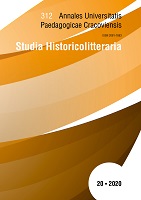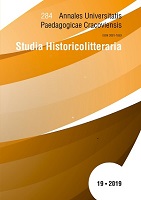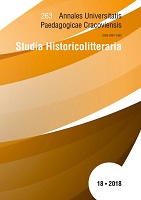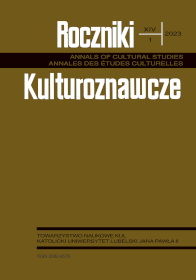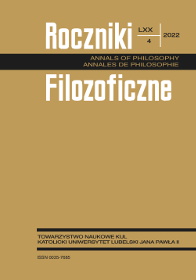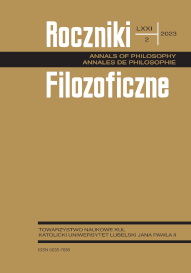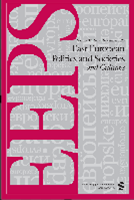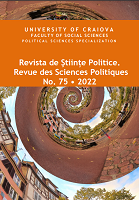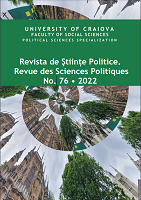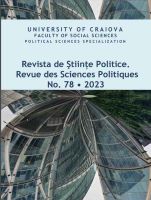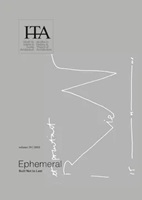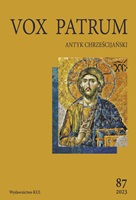Author(s): Małgorzata Gruchoła / Language(s): English
Issue: 1/2023
The aim of the article is to present the representations of emotions (happiness, anger, sadness, fear, worry, stuckness, compassion, dumbing, stagnation, humiliation, sense of guilt, hope, hate, sense of privilege solidarity, boredom, banality), neighbourly solidarity in the texts of the opinion-forming portals Polityka (PL) and The Spectator (UK), referring to school closures due to the Covid-19 pandemic, and their media representations in the public (the perspective of a teacher, school headmaster, member of the government, expert) and private domain (the perspective of a student and parent), in the processual approach (a catalogue of events), in the context of technological changes (distant learning), as well as socio-cultural (human relationships, domestic violence) and economic (social benefits) contexts. Our hypothesis is that, in line with the concept of the culture of fear by Frank Furedi, the way the internet content is created and construed is supposed to evoke the emotion of fear. We performed a quantitative and qualitative analysis of the content of 78 articles published in Polityka and 12 in The Spectator, between 1 March 2020 and 30 July 2020, found with the use of a search engine. We observed at least three levels of information sources on emotions in the studied groups: the main character of the article, the one who experiences emotions (perspective of the sender); the author/editor of the article, who does evaluation and interpretation (perspective of the gatekeeper) and the reader (perspective of the addressee). On these levels, emotions can result from their literal identification; from an interpretation of a given situation, from the situational context (contextual emotions) and from the non-verbal clues and physical reactions of the organism. The hypothesis was partially confirmed. Despite the fact the school closures, as represented by the media, generates mostly the emotion of fear, the emotion prevalent in the discourse on the consequences of school closures and on the evaluation of remote education is sadness (Polityka) and compassion (The Spectator). However, the dominant emotion, both in the public-private and public domain, is the one of sadness.
More...
